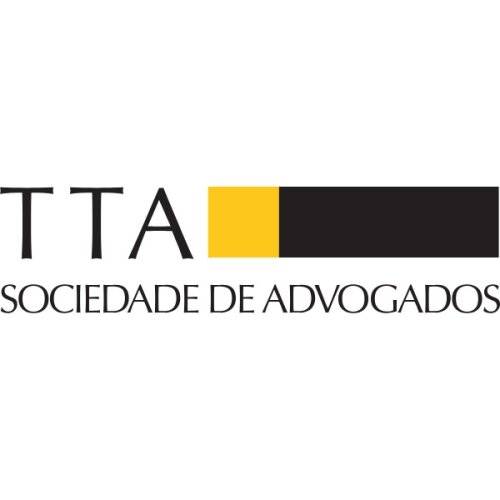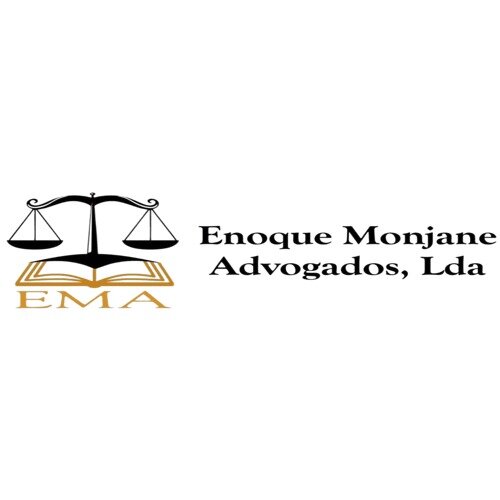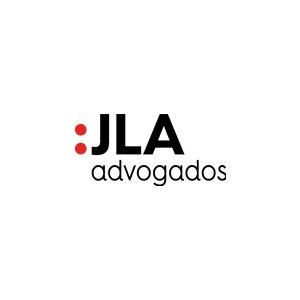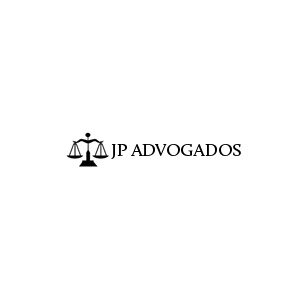Best Employer Lawyers in Mozambique
Share your needs with us, get contacted by law firms.
Free. Takes 2 min.
Or refine your search by selecting a city:
List of the best lawyers in Mozambique
About Employer Law in Mozambique
Employer law in Mozambique encompasses the regulations and statutes that govern the relationship between employers and employees in the country. The legal framework is primarily based on the Labor Law No. 23/2007, which, along with other related legislations, provides a comprehensive set of rules to manage employment contracts, labor rights, workplace safety, dispute resolutions, and other employment-related matters. Mozambique's laws aim to establish fair labor practices, ensure social protection, and facilitate industrial peace.
Why You May Need a Lawyer
There are several scenarios where individuals or businesses might require legal assistance in employer-related matters in Mozambique. These include:
- Drafting and reviewing employment contracts to ensure compliance with local laws.
- Navigating complex labor regulations and avoiding potential legal pitfalls.
- Handling disputes related to employment, such as wrongful termination or discrimination claims.
- Ensuring adherence to health and safety regulations.
- Assisting with the legal implications of business restructuring or workforce downscaling.
- Representing their interests in negotiations or in court regarding employment issues.
Local Laws Overview
The key aspects of local laws related to employers in Mozambique include:
- Employment Contracts: All employment contracts must be formalized in writing and clearly outline terms such as the nature of employment, compensation, working hours, and job responsibilities.
- Working Hours: The normal working hours are set at 48 hours per week and should not exceed 8 hours per day without appropriate compensation for overtime.
- Leave and Holidays: Employees are entitled to a minimum of 12 days of annual leave, in addition to public holidays and necessary sick leave.
- Termination of Employment: Dismissal procedures must be conducted fairly, with sufficient notice and, where applicable, severance pay must be provided.
- Safety and Health at Work: Employers are obligated to provide and ensure a safe working environment, including necessary training and equipment to protect workers' health.
- Dispute Resolution: Labor disputes can be addressed through negotiation, mediation, arbitration, or the courts.
Frequently Asked Questions
What is the standard probation period for new employees?
The standard probation period is typically 90 days, though this may vary depending on the nature of the employment and agreement between the parties involved.
Are there any special regulations for hiring expatriates?
Yes, hiring expatriates requires adherence to specific immigration and labor regulations, including obtaining appropriate work permits and ensuring compliance with quota systems.
What is the minimum wage in Mozambique?
The minimum wage varies by industry and is subject to periodic review by the government. Employers are required to comply with the prescribed standards for their specific sector.
How is overtime compensated in Mozambique?
Overtime is compensated at a rate of at least 50% more than the standard hourly rate and should be calculated based on specific terms of employment agreements.
Can an employer dismiss an employee without notice?
Dismissal without notice is generally not permitted unless there is a serious breach of contract or misconduct, which must be substantiated and justified.
What steps should be taken in case of a workplace accident?
Employers must report workplace accidents promptly, provide necessary medical assistance, and ensure compensation procedures are followed as per the law.
What rights do employees have regarding privacy at work?
Employees have the right to privacy; however, this can be limited in specific job-related circumstances where monitoring is necessary and justifiable.
Are there any specific requirements for regulating working hours?
Employers must adhere to the maximum working hours defined by law, including providing breaks and rest periods to avoid undue fatigue.
What role do trade unions play in Mozambique?
Trade unions play a crucial role in representing workers' interests, negotiating collective agreements, and protecting labor rights.
How can employers ensure compliance with labor laws?
Employers should seek regular legal consultation, stay updated on legislative changes, and implement effective HR policies to maintain compliance.
Additional Resources
For more information and assistance, consider reaching out to the following resources:
- Ministry of Labor and Employment
- Mozambique Labor Inspectorate
- Industrial Associations and Chambers of Commerce
- Legal Aid Organizations specializing in Employment Law
- Professional Employment Law Firms
Next Steps
If you are in need of legal assistance in the field of employer law in Mozambique, consider taking the following steps:
- Identify the specific legal issue and gather relevant documentation.
- Consult with an attorney who specializes in labor and employment law.
- Explore legal aid options if affordability is a concern.
- Leverage professional networks or organizations that may offer guidance.
- Ensure that you stay informed about your rights and responsibilities under Mozambican law.
Lawzana helps you find the best lawyers and law firms in Mozambique through a curated and pre-screened list of qualified legal professionals. Our platform offers rankings and detailed profiles of attorneys and law firms, allowing you to compare based on practice areas, including Employer, experience, and client feedback.
Each profile includes a description of the firm's areas of practice, client reviews, team members and partners, year of establishment, spoken languages, office locations, contact information, social media presence, and any published articles or resources. Most firms on our platform speak English and are experienced in both local and international legal matters.
Get a quote from top-rated law firms in Mozambique — quickly, securely, and without unnecessary hassle.
Disclaimer:
The information provided on this page is for general informational purposes only and does not constitute legal advice. While we strive to ensure the accuracy and relevance of the content, legal information may change over time, and interpretations of the law can vary. You should always consult with a qualified legal professional for advice specific to your situation.
We disclaim all liability for actions taken or not taken based on the content of this page. If you believe any information is incorrect or outdated, please contact us, and we will review and update it where appropriate.
Browse employer law firms by city in Mozambique
Refine your search by selecting a city.
















